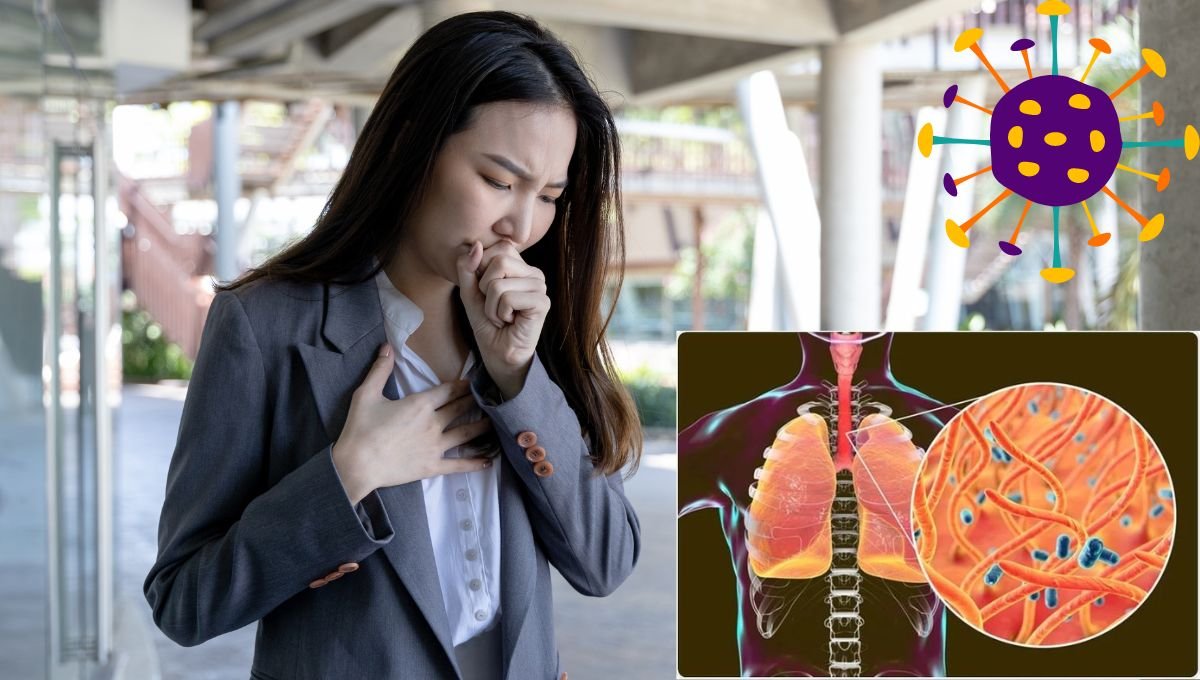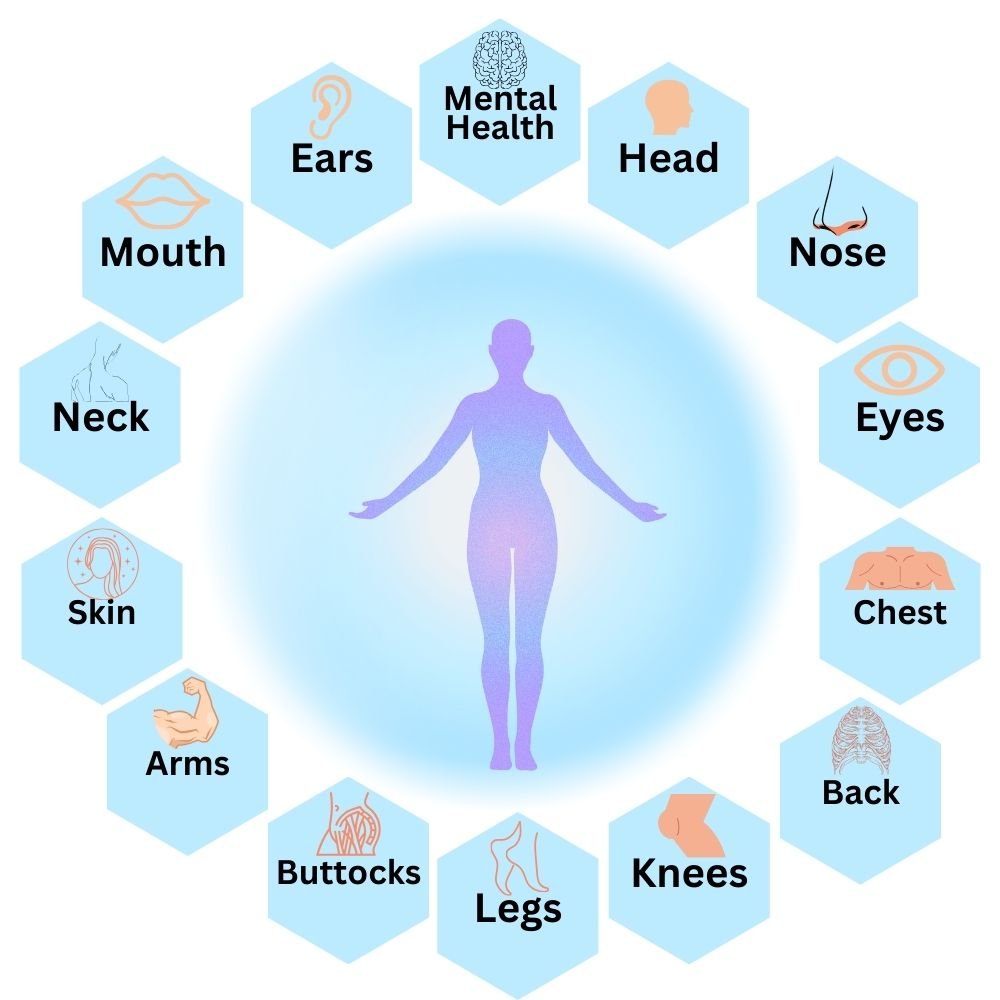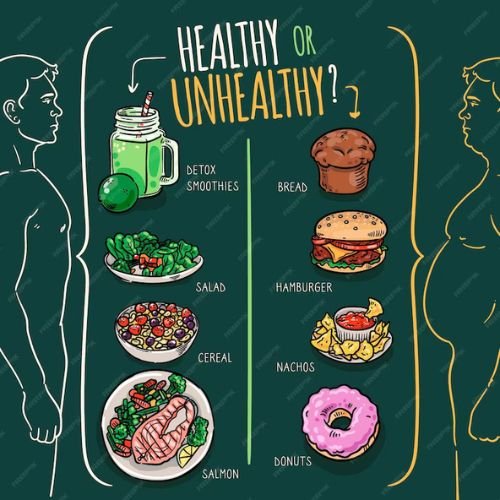Whooping cough, also known as pertussis, is a highly contagious respiratory infection caused by the bacterium Bordetella pertussis. Despite being largely preventable through vaccination, whooping cough remains a significant health concern globally, affecting individuals of all ages but posing the greatest risk to infants and young children. In this article, we will delve into the details of whooping cough: its symptoms, treatment options, prevention strategies, and why vaccination is crucial in combating this preventable disease.
Symptoms of Whooping Cough
Whooping cough typically progresses through several stages, each characterized by distinct symptoms:
- Catarrhal Stage: This initial stage resembles a common cold, with symptoms such as runny nose, sneezing, low-grade fever, and a mild, occasional cough. The cough gradually worsens over 1-2 weeks.
- Paroxysmal Stage: In this stage, the characteristic “whooping” cough emerges. The cough becomes severe and uncontrollable, often causing rapid, deep inhalations (the “whoop”) as the individual struggles to breathe after a coughing fit. Vomiting may occur after coughing spells. This stage can last for 1-6 weeks.
- Convalescent Stage: The final stage involves a gradual decrease in cough intensity and frequency. Recovery can take several weeks, during which the individual remains susceptible to respiratory infections.
While whooping cough is typically more severe in infants and young children, adolescents and adults may experience milder symptoms resembling a persistent cough that lingers for weeks.

Treatment Options for Whooping Cough
Managing whooping cough involves supportive care and, in some cases, antibiotics. Treatment goals include alleviating symptoms, preventing complications, and reducing the spread of infection:
- Antibiotics: Administering antibiotics like azithromycin, clarithromycin, or erythromycin early in the course of the illness can help reduce the severity and duration of symptoms. Antibiotics are most effective when given during the catarrhal or early paroxysmal stages.
- Supportive Care: Providing supportive care is crucial, especially for infants and young children. This includes ensuring proper hydration, adequate nutrition, and monitoring for complications such as pneumonia.
- Isolation and Prevention: Individuals diagnosed with whooping cough should be isolated to prevent transmission to others, especially infants and unvaccinated individuals.
Preventing Whooping Cough Through Vaccination
Vaccination remains the most effective strategy for preventing whooping cough. The pertussis vaccine is typically administered as part of the routine childhood vaccination schedule and is highly effective at preventing severe illness, hospitalization, and death from pertussis. Key points to understand about pertussis vaccination include:
- Childhood Vaccination Series: The pertussis vaccine is typically administered in combination with vaccines against diphtheria and tetanus (DTaP vaccine) in a series of doses starting at 2 months of age.
- Booster Vaccination: Adolescents and adults are recommended to receive a booster vaccine called Tdap (tetanus, diphtheria, and pertussis) to maintain immunity and reduce the risk of transmission to vulnerable populations.
- Pregnancy Vaccination: Pregnant individuals are advised to receive a Tdap vaccine during each pregnancy to protect themselves and provide passive immunity to their newborns.
- Herd Immunity: Achieving high vaccination coverage within communities helps protect vulnerable individuals who cannot be vaccinated due to medical reasons or age.
Why Vaccination is Crucial for Public Health
Vaccination against whooping cough is essential for several reasons:
- Protection of Infants: Infants under the age of 6 months are at the highest risk of severe complications and death from whooping cough. Vaccinating pregnant individuals and caregivers helps create a protective cocoon around vulnerable infants.
- Preventing Outbreaks: High vaccination rates reduce the likelihood of outbreaks and limit the spread of pertussis within communities.
- Reducing Severity of Illness: Even if vaccinated individuals contract whooping cough, they are likely to experience milder symptoms and lower risk of complications.
- Long-term Immunity: Vaccination provides long-term immunity against pertussis, contributing to individual and community protection.
In conclusion, whooping cough remains a significant public health concern despite the availability of effective vaccines. Understanding the symptoms, treatment options, and prevention strategies associated with pertussis is crucial for protecting vulnerable populations, especially infants and young children. Vaccination plays a central role in reducing the burden of whooping cough and preventing its potentially devastating consequences. By prioritizing vaccination and maintaining high immunization rates, we can work towards eliminating whooping cough as a threat to public health.










